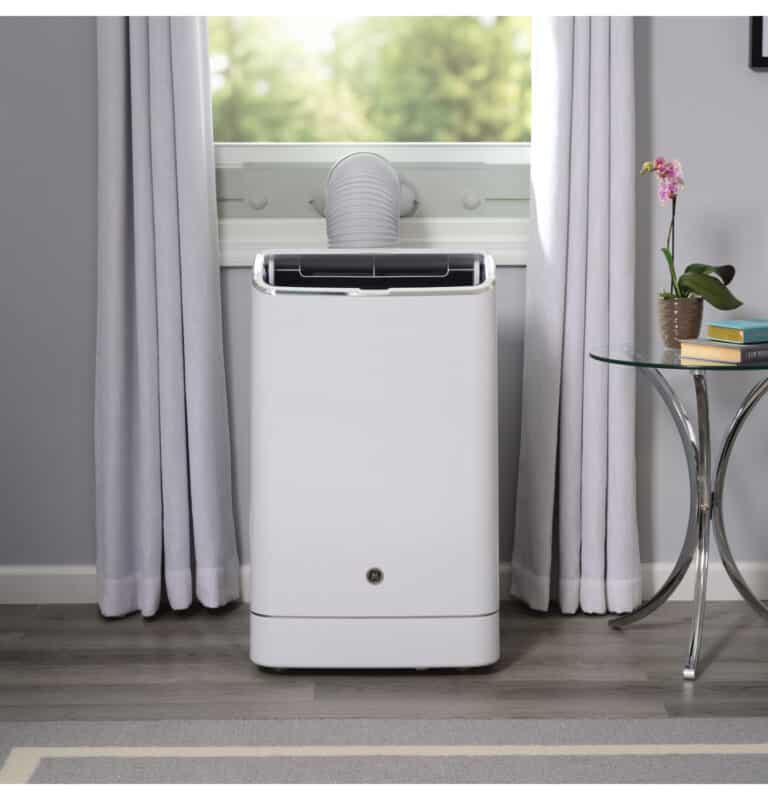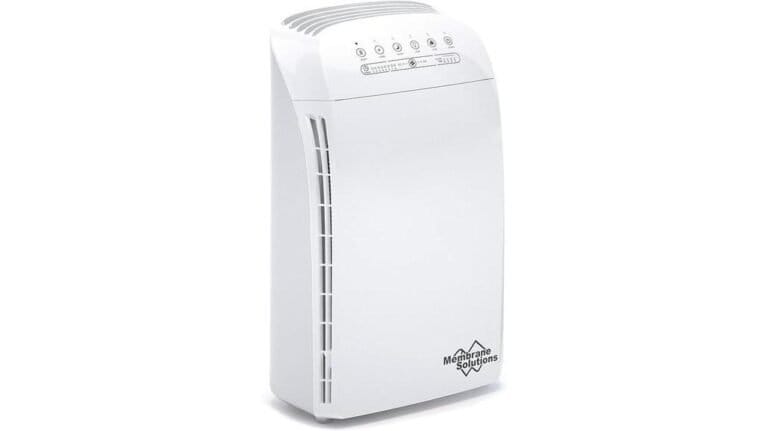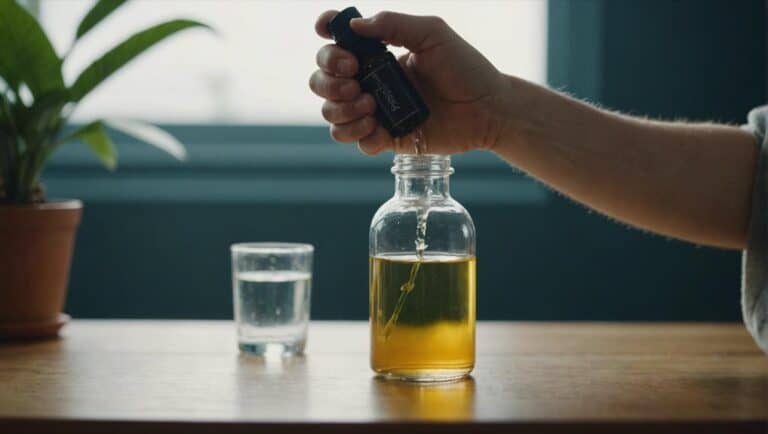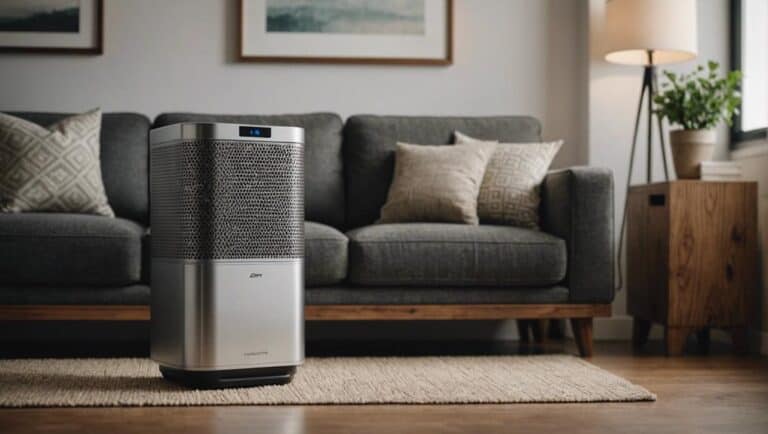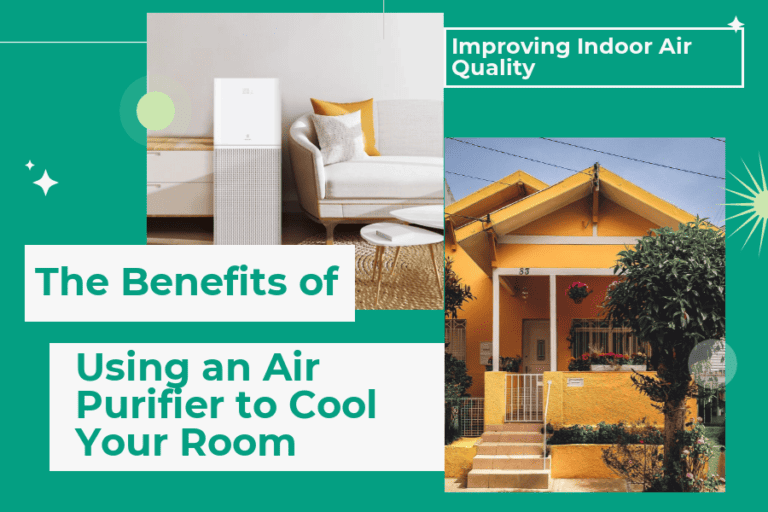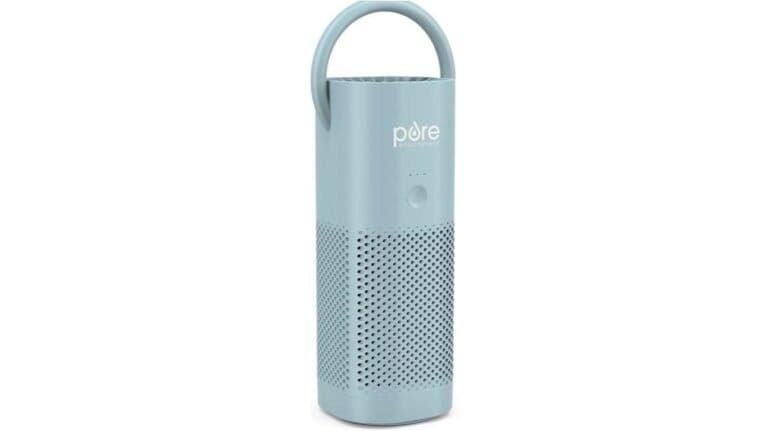Ionizer vs Air Purifier: Unveiling the Key Differences and Choosing the Best for Clean Indoor Air
In our modern age of increasing pollution and indoor contaminants, ensuring clean and healthy air in our homes has become more important than ever before. With so many options available in the market, it can be overwhelming to choose between an ionizer and an air purifier for optimal indoor air quality.
In this article, we aim to unveil the key differences between these two technologies and provide you with valuable insights to help you make an informed decision on which solution is best suited for your needs.
Whether it’s removing allergens, pollutants or neutralizing odors, read on as we dive into the world of ionizers and air purifiers, examining their unique features and benefits that ultimately contribute to cleaner indoor air environments.
The Science Behind Ionizers: How Do They Work?
What is an ionizer? An ionizer is a device that uses electricity to produce negatively charged ions, which are then released into the air. These ions attach themselves to pollutants in the air such as dust, allergens, and bacteria.
How do ionizers work? When the negatively charged ions come into contact with airborne particles, they impart a positive charge onto those particles. This causes them to be attracted to nearby surfaces like walls or furniture, effectively removing them from the air you breathe.
Benefits of ionizers: One major benefit of using an ionizer is their ability to eliminate pollutants on a molecular level. Additionally, because these devices don’t use filters like traditional purifiers do, there’s no need for regular filter replacements.
However it’s important to note that while ionic purification can remove some harmful substances from the air, it may not capture all types of pollutants and may produce ozone as a byproduct—an odorless gas that can be harmful if present in high concentrations.
Understanding Air Purifiers: Technology and Mechanisms
Air Purifier Technology
Air purifiers use various technologies and mechanisms to remove pollutants from indoor air. One common technology is filtration, where a filter traps particles as air passes through it. High-efficiency particulate air (HEPA) filters are widely used in air purifiers for their ability to capture small particles, including allergens and pollution.
Another technology used in air purifiers is activated carbon filtration, which adsorbs chemical gases and odors. This type of filter contains activated carbon, with a large surface area that attracts and binds pollutants.
Ionizer Technology
Ionizers work differently than traditional air purifiers by emitting negative ions into the air. These negatively charged ions attach themselves to airborne particles, causing them to become heavy and fall out of the breathing zone or be captured by nearby surfaces like walls or furniture. Ionization can also produce ozone, a gas that can be harmful when present in high concentrations.
While ionizers can effectively remove some pollutants from the air, they may not completely eliminate all types of contaminants such as pollen or dust mites. However, they do have the advantage of not requiring costly filter replacements since they don’t rely on physical filtration.
Overall, both technologies have their own advantages and limitations. The choice between an ionizer or an air purifier ultimately depends on individual needs and preferences regarding specific pollutants targeted for removal.
Pros and Cons: Ionizers vs Air Purifiers
Ionizers:
- Pros:
- Can effectively remove airborne particles as small as 0. 1 microns, including viruses and bacteria.
- Produce no noise during operation, making them suitable for use in bedrooms or other quiet spaces.
- Are generally more affordable than air purifiers, both upfront and in terms of maintenance costs.
- Cons:
- Emit ozone as a byproduct of their operation, which can be harmful to human health when present in high concentrations.
- May not eliminate odors or gases from the air because they primarily target particles rather than chemical pollutants.
Air Purifiers:
- Pros:
- Have the ability to remove a wide range of contaminants from the air, including pollen, pet dander, dust mites, mold spores, smoke particulates, and volatile organic compounds (VOCs).
- Come with various filtration technologies like HEPA filters that efficiently trap microscopic particles up to 0. 3 microns size at an average efficiency level above XX%
- Cons:
- Some models may produce noticeable noise during operation due to fans or motors required for airflow. This could disrupt peace and quiet within indoor environments such as bedroom ensuring efficient sleep patterns. It is important recommended decibel levels are considered when choosing any kind technologic devices located near sleeping ensenuating better overall well-being..
Health Benefits: Which Option is More Effective?
Health Benefits
When it comes to promoting clean indoor air and improving overall health, both ionizers and air purifiers have their own unique benefits. Here’s a closer look at the advantages of each option:
- Ionizers release negative ions into the air, which attach themselves to harmful particles like dust, pollen, and bacteria. This causes these particles to become heavier and fall to the ground or stick to surfaces instead of floating in the air. As a result, ionizers can help reduce allergens and respiratory irritants in your home.
- Air purifiers, on the other hand, use filters to trap airborne pollutants such as pet dander, mold spores, and smoke particles. These filters effectively capture even microscopic contaminants that may trigger allergies or asthma symptoms. With an air purifier, you can enjoy cleaner air that is free from potentially harmful substances.
By considering your specific needs and understanding how each device works can help you determine which option will be more effective for improving your indoor air quality and overall health.
Considerations for Allergies and Asthma: Choosing the Right Solution
When it comes to allergies and asthma, selecting the right indoor air cleaning solution is crucial. Here are some factors to consider:
- Effectiveness: Look for a device that effectively eliminates allergens such as dust mites, pet dander, pollen, and mold spores. Both ionizers and air purifiers can be effective in reducing these irritants; however, air purifiers often have additional features like HEPA filters that can capture smaller particles more efficiently.
- Ozone level: Ozone is a harmful gas that can worsen respiratory conditions like asthma. While ionizers produce small amounts of ozone as a byproduct of their operation, air purifiers with HEPA filters do not generate any ozone. If you or your loved ones have asthma or sensitive respiratory systems, an air purifier may be a safer choice.
- Maintenance: Consider how much time and effort you’re willing to invest in maintaining your chosen solution. Ionizers generally require less maintenance since they don’t have filters that need replacing. On the other hand, conventional air purifiers with HEPA filters need regular filter replacements to ensure optimal performance.
Choosing the best option for cleaner indoor air depends on individual preferences and specific needs relating to allergies and asthma management. Whether you opt for an ionizer or an air purifier with a HEPA filter, both can help reduce allergy triggers and provide relief for those struggling with respiratory conditions
Factors to Consider: Making the Best Decision for Your Home
When choosing between an ionizer and air purifier, there are several factors you should consider to ensure you make the best decision for your home.
- Effectiveness: Assessing the effectiveness of each option is crucial. While both ionizers and air purifiers can improve indoor air quality, they work in different ways. Ionizers release charged ions into the air to attach themselves to airborne particles, making them heavier and causing them to fall out of the air. On the other hand, air purifiers use filters to capture and trap pollutants. Consider what type of pollutants you want to target and choose accordingly.
- Maintenance: Another factor that should be taken into account is maintenance requirements. Ionizers have minimal upkeep needs since they do not require filter replacements; however, regular cleaning may be necessary. Air purifiers with filters need their filters replaced periodically for optimal performance. Understand your willingness or ability to keep up with maintenance tasks before making a decision.
- Cost: Cost is also an important consideration when choosing between an ionizer and an air purifier. Ionizers tend to have lower upfront costs compared to air purifiers with advanced filtration systems. However, it’s essential to consider long-term expenses such as electricity usage and potential filter replacements when evaluating overall cost-effectiveness.
By carefully evaluating these factors – effectiveness, maintenance requirements, and cost – you can make an informed decision that will help ensure clean indoor air for your home.

